iPad Mini to mark end of road for iPad 2, claim sources
Supply chains sources claim second generation 9.7in tablet will be axed to make way for a smaller iPad.

Consumer electronics giant Apple looks set to call time on production of the iPad 2, supply chain sources have suggested to IT Pro.
The device is being canned to make way for the rollout of a smaller iPad, which Apple is expected to debut at a launch event later today, it has been claimed.
Speaking to IT Pro under condition of anonymity, our source said: "We have been told that the iPad 2 is definitely being discontinued and being replaced by the iPad Mini, and that the current version of the [9.7in] iPad will be replaced by a new variant as well."
The iPad 2 is definitely being discontinued and being replaced by the iPad Mini.
Many retailers have been struggling to get hold of iPad 2 stock for several weeks, which is usually a sign that production is being wound up.
"We had one pallet in today, but we used to get six or seven pallets in at a time," the source added.
The iPad 2 was launched in March 2011, and proved popular with consumers and business users and is reported to have clocked up sales of 2.6 million units within its first three months on sale.
Sign up today and you will receive a free copy of our Future Focus 2025 report - the leading guidance on AI, cybersecurity and other IT challenges as per 700+ senior executives
According to other supply chain sources, the device has continued to sell well, despite being superseded by the launch of the iPad 3 in March 2012.
"In the retail environment, all people want is the iPad 2 because people love the iPad, but they want a cheaper version of it," another source added.
"Business users seem to go for iPad 3 because they want the higher quality product, but the iPad 2 has been a big hit with education and retail customers on a budget."
Speaking to IT Pro, Rob Bamforth, service director at analyst Quocirca, said it would be worthwhile for Apple to keep making the device and retain it as an all-purpose tablet.
"It would be worth having a premium product, which would be the iPad 3, and maintain the iPad 2 as a workhorse-type device and then position the iPad Mini as an entry-level tablet," he said.
"But, with this smaller device coming in, at a potentially lower price, maybe it is felt that it would undermine the reason for having the iPad 2," he added.
IT Pro was awaiting a response from Apple at the time of publication.
-
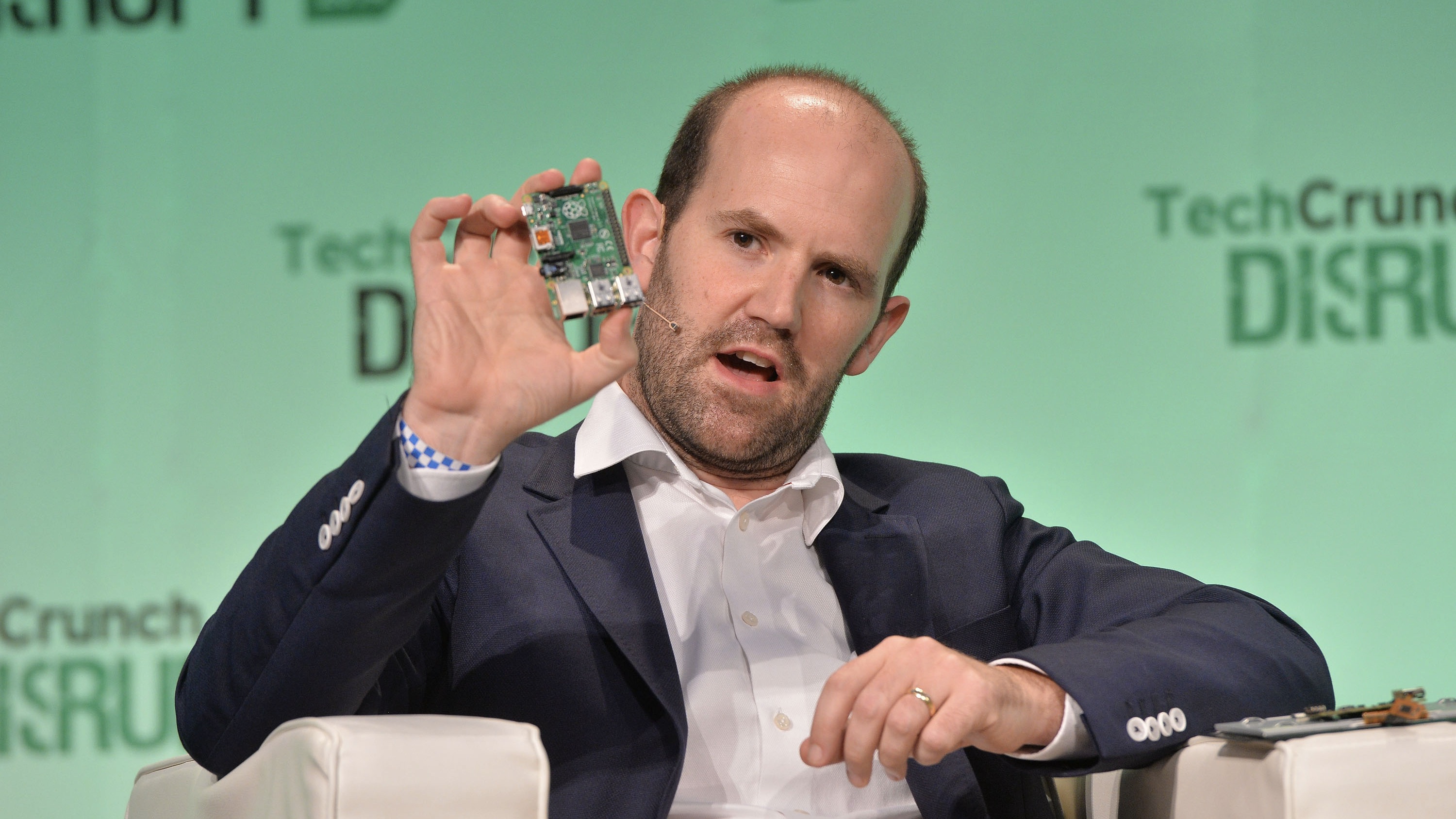 Raspberry Pi CEO Eben Upton on surviving the semiconductor crisis
Raspberry Pi CEO Eben Upton on surviving the semiconductor crisisCase Studies The Raspberry Pi chief reveals how the organisation overcame component shortages during the COVID-19 years
-
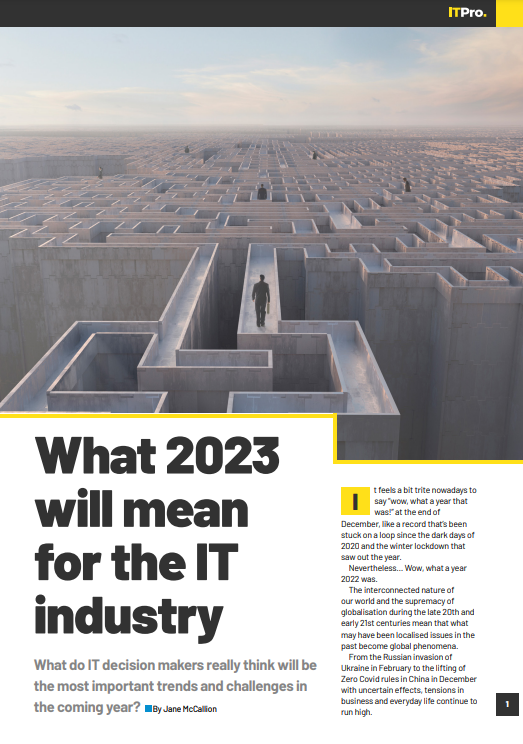 What 2023 will mean for the industry
What 2023 will mean for the industryWhitepaper What do most IT decision makers really think will be the important trends and challenges in the coming year?
-
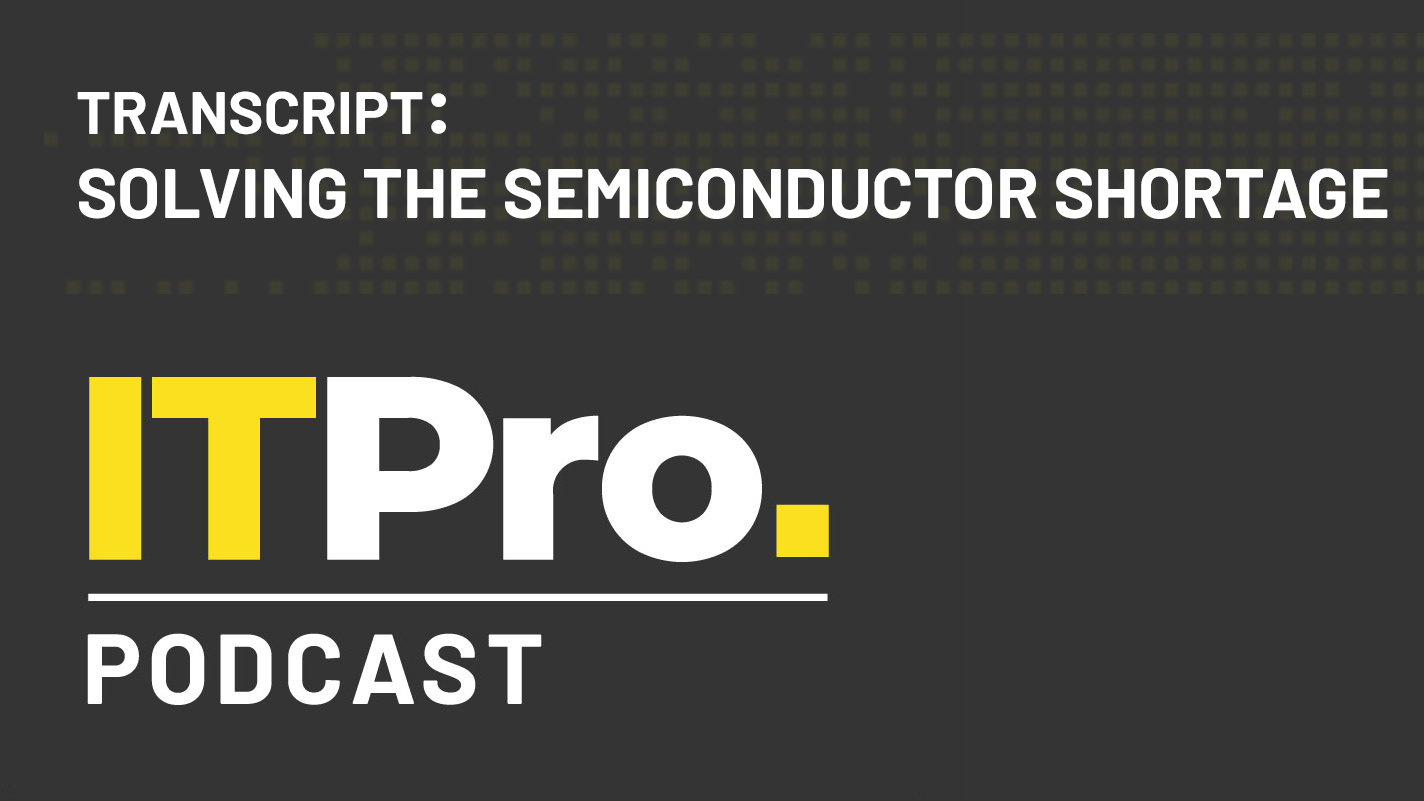 Podcast transcript: Solving the semiconductor shortage
Podcast transcript: Solving the semiconductor shortageIT Pro Podcast Read the full transcript for this episode of the IT Pro Podcast
-
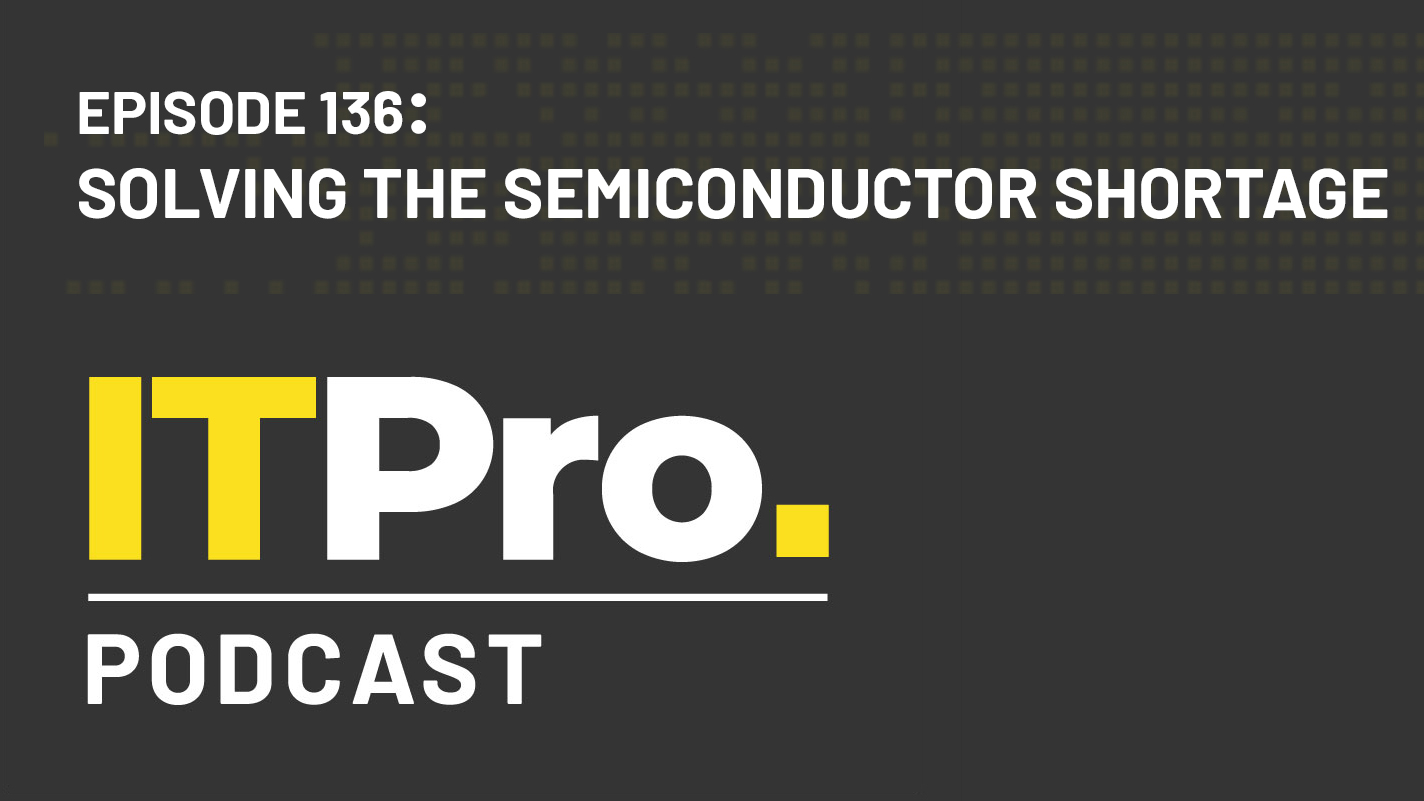 The IT Pro Podcast: Solving the semiconductor shortage
The IT Pro Podcast: Solving the semiconductor shortageIT Pro Podcast When the chips are down, supply chains may need a long time to ramp back up to full capacity
-
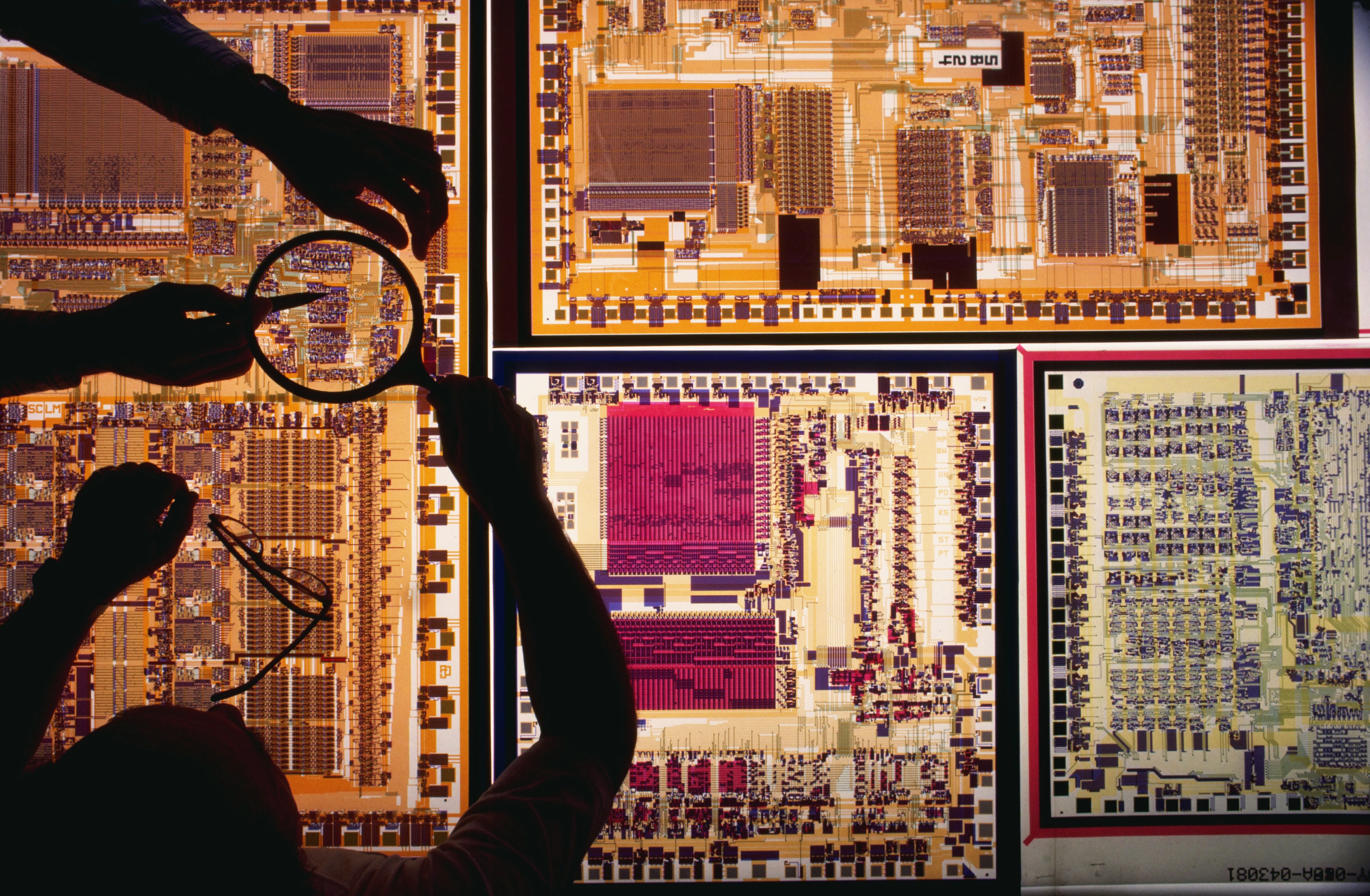 Short circuit: Will the chip shortage end this year?
Short circuit: Will the chip shortage end this year?In-depth With tech remaining in short supply, we explore whether the industry can get supply chains up and running any time soon
-
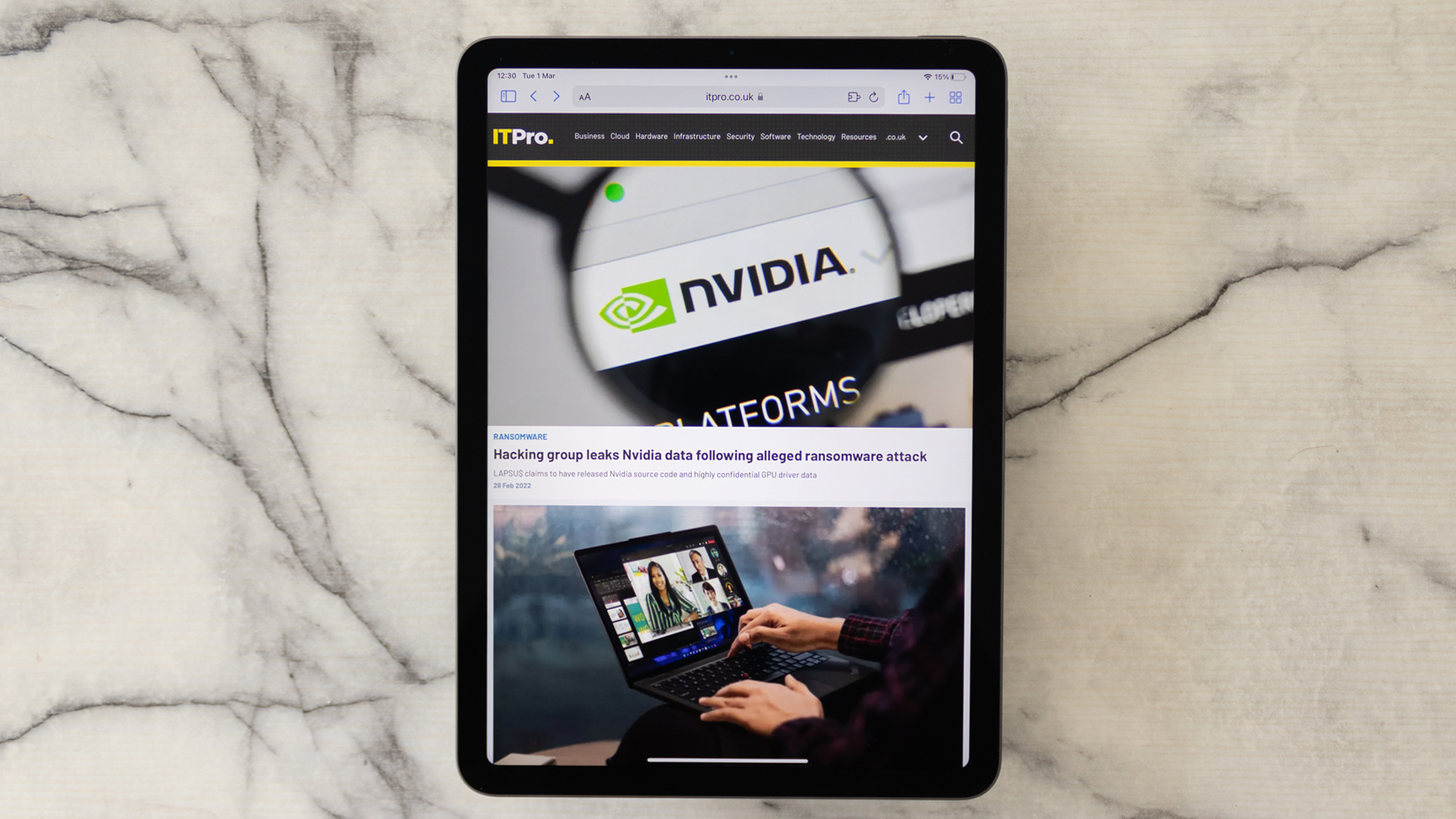 Apple iPad Air (2020) review: The executive’s choice
Apple iPad Air (2020) review: The executive’s choiceReviews With the iPad Air’s most recent redesign, Apple has delivered the best bang-for-buck tablet money can buy
-
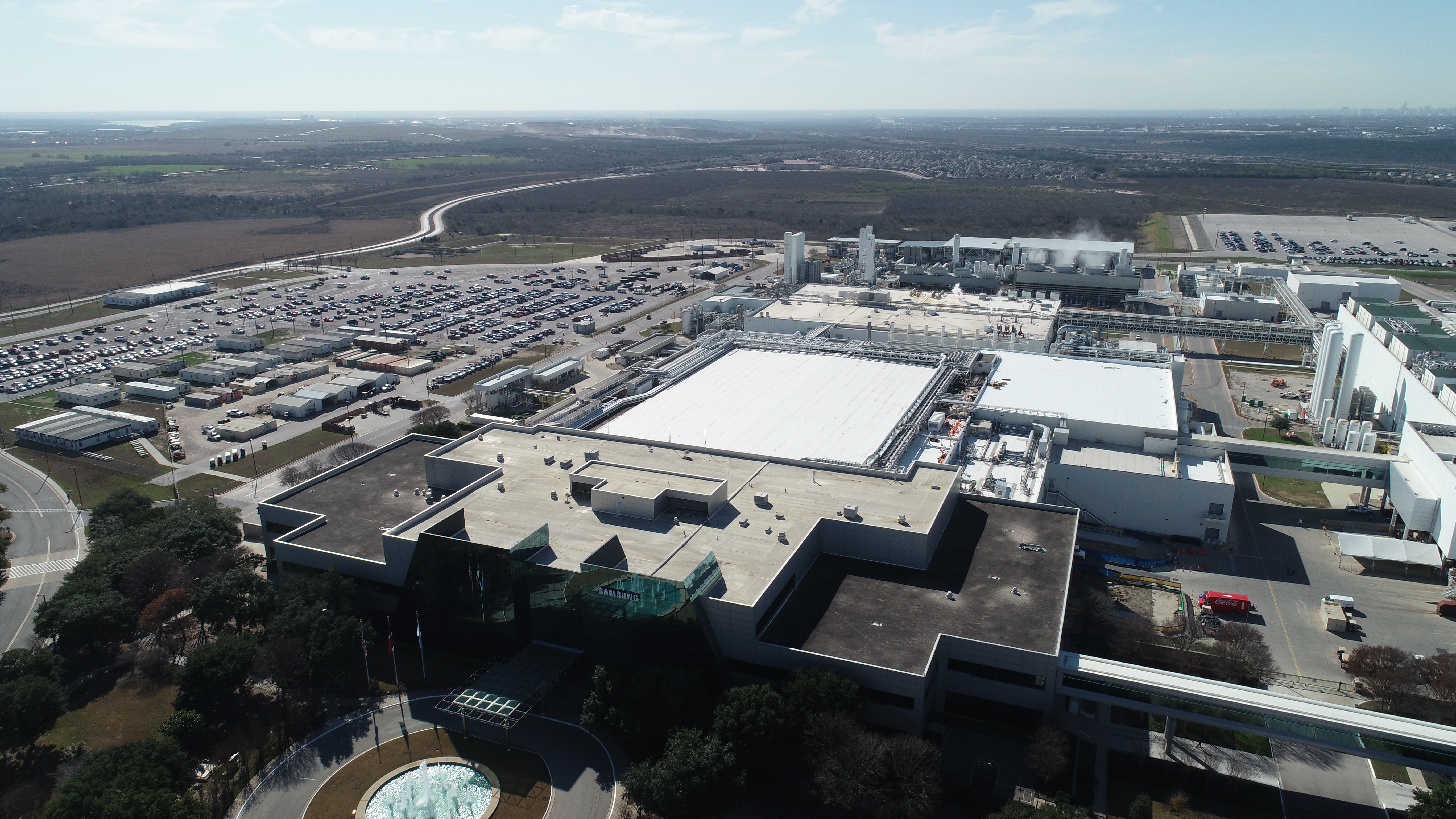 Samsung selects Texas for $17 billion semiconductor factory
Samsung selects Texas for $17 billion semiconductor factoryNews New plant to be built in Taylor, just 25km away from Samsung's existing site in Austin
-
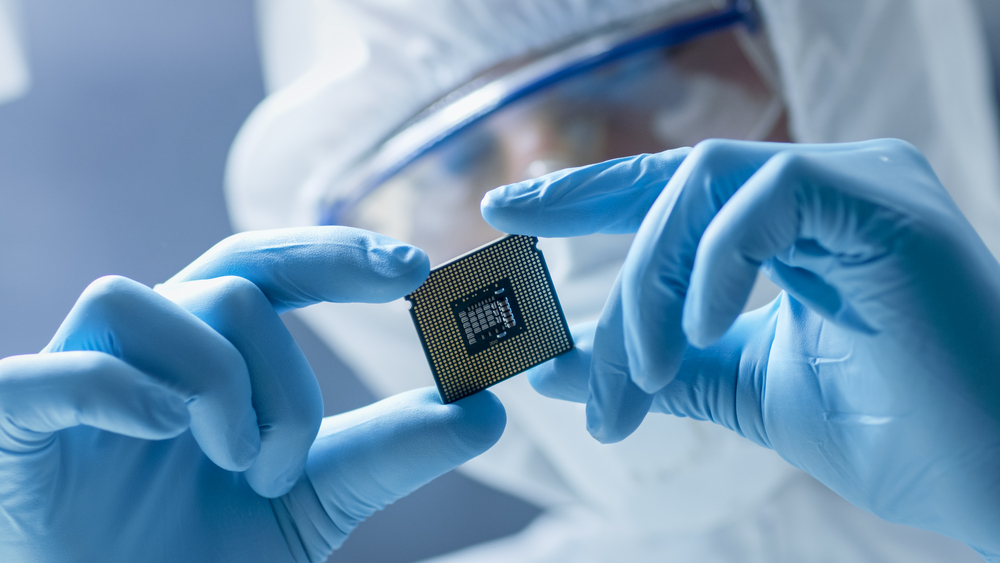 TSMC and Sony partner to build $7 billion chip plant in Japan
TSMC and Sony partner to build $7 billion chip plant in JapanNews The country is aiming to secure its chip supply chain as it imports over 60% of semiconductors from overseas

